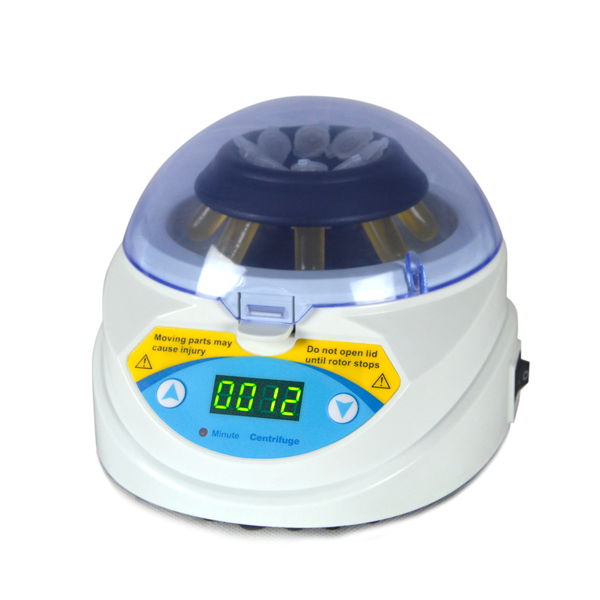Your shopping cart is empty!
MENU
- +
-
Categories+
- Blog +
- Contact Us +
- Login +
- Register +
 An Introduction to RCF
An Introduction to RCF
So, what is RCF? RCF, otherwise known as the relative centrifugal force or g-force, is the amount of acceleration or force exerted on a sample in a centrifuge. Essential to organism recovery and diagnostic accuracy, RCF depends on the revolutions per minute (RPM) and the radius of the rotor. It is relative to the force of the earth’s gravitational fields and is expressed in multiples of the standard acceleration.
In most laboratory settings when people as, “What is RCF,” the acronym’s meaning is commonly mistaken for RPM, or vice-versa. However, the two are not equivalent in any way. RPM, or revolutions per minute, refers to the amount of acceleration or force exerted on the sample in a centrifuge. Typically, benchtop centrifuges are sold with instructions in RPMs, not RCF, and older models of centrifuges do not have automatic converters.
However, there are experimental procedures that require precise centrifugation conditions specified in terms of RCF, which is expressed in units of gravity (times gravity, or x g). The failure to convert RPM to RCF can result in serious consequences, especially in AFB specimen processing, as mycobacteria are difficult to sediment due to their buoyancy.
Since benchtop centrifuges are frequently sold with speed settings in RPM, it is essential for researchers to know how to convert RPM to RCF. To do so, use the following equation:
g = (1.118 x 10-5) x R x S2
In the equation, g refers to the relative centrifugal force, R is the radius of the rotor in centimeters, and S is the speed of the centrifuge in revolutions per minute (RPM).
Though the equation is beneficial, it can be time-consuming. There are also a variety of other tools for converting RPM to RCF, which includes:
Now that you know what RCF is, visit our centrifuge product page to see our wide selection of centrifuge products for extracting medical products and biological specimens.
Leave a Comment